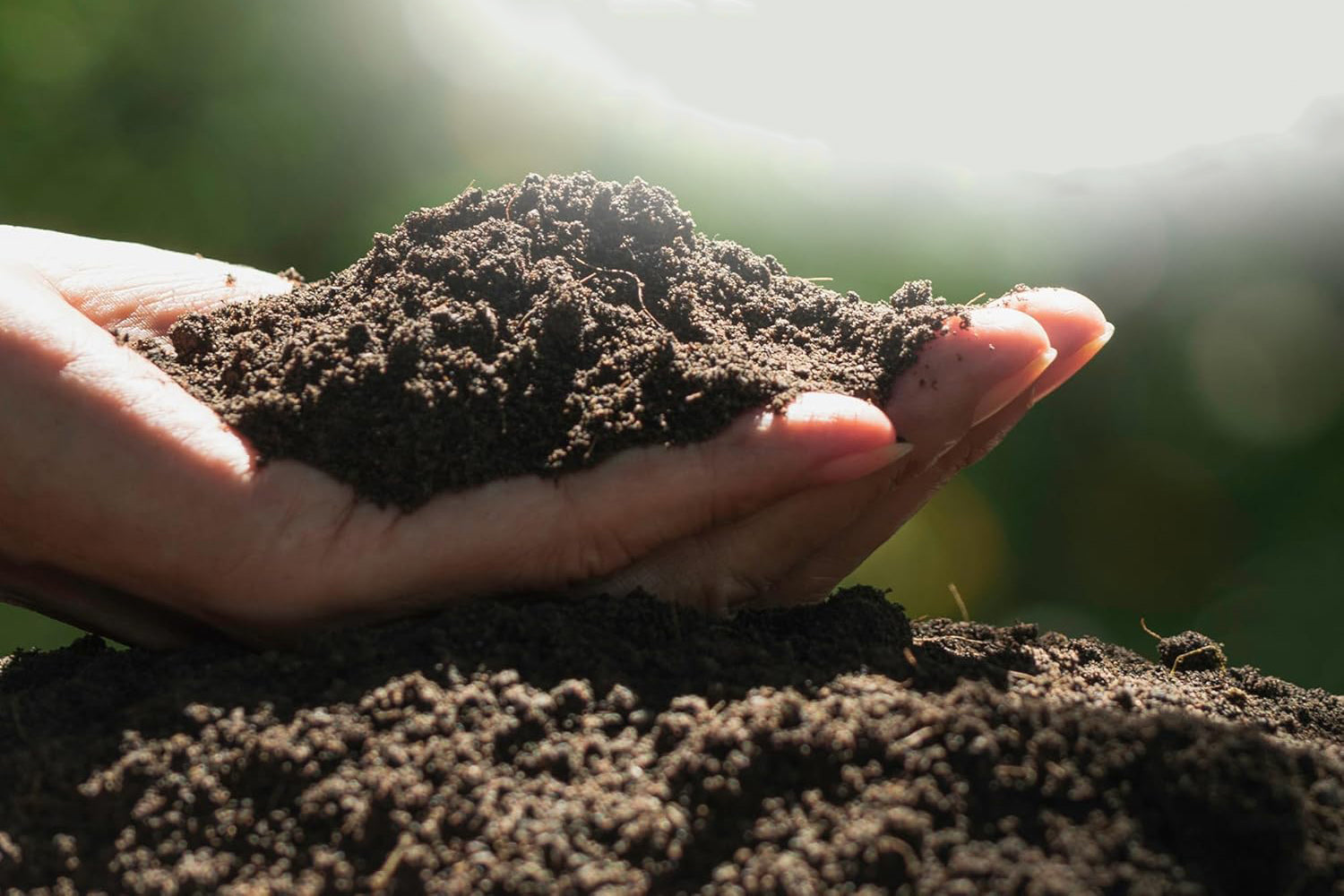Common Biochar Mistakes
- 3 min reading time
Here are some common mistakes people make when using and making biochar.
So you have learned all about biochar and have decided you want to have a go at making your own to improve your garden and it's yields. But where should you start and what things do you need to be aware of before using the biochar you've made. Here are some common mistakes people make when using and making biochar.
Over-complicating the biochar burning process.
Using a biochar kiln, is the easiest and most effective way to create biochar. Biochar kilns are better for creating a controlled fire, making sure the burning process does not cause outside fires, controls the oxygenation , produces less smoke and is very affordable. Making fire in a hole, especially during the dry and windy seasons can cause the fire to spread as well as over oxygenate the fire.
Climate awareness can go far during the burning process.
The climate in your area can affect your burning process, humidity and moisture can cause more smoke as well as add more time to the burning process.
Using bio-material that hasn't properly dried
It can cause inefficient burning, a lot of smoke and less biochar.
Too much oxygen
During the burning process, causes inefficient burning, may release smoke particles in the air and produce heavier solid particles.
Letting the fire burn too long
this causes the biochar to turn to ash and making it unusable and causing less biochar to be produced. If some bio-materials didn't burn or burn well, it can always be used during the next burn.
Not activating the biochar before adding it to the soil
It will result in the biochar absorbing the microbes and nutrients from the soil instead. Planting in this kind of soil could also cause the biochar to take needed nutrients away from the plants.
Adding too much biochar
As it is alkaline, adding too much biochar will raise the pH level in the soil, impacting the microbes and crop yields.
Using biochar made from polluted feed stocks
like treated wood or sewage sludge can release toxic compounds into the soil and ground water.
In the end there is no perfect way to go about making biochar, everyone that has ever tried making biochar has definitely made mistakes, we all did and will probably make more. The best way is to just go for it and start making biochar.



